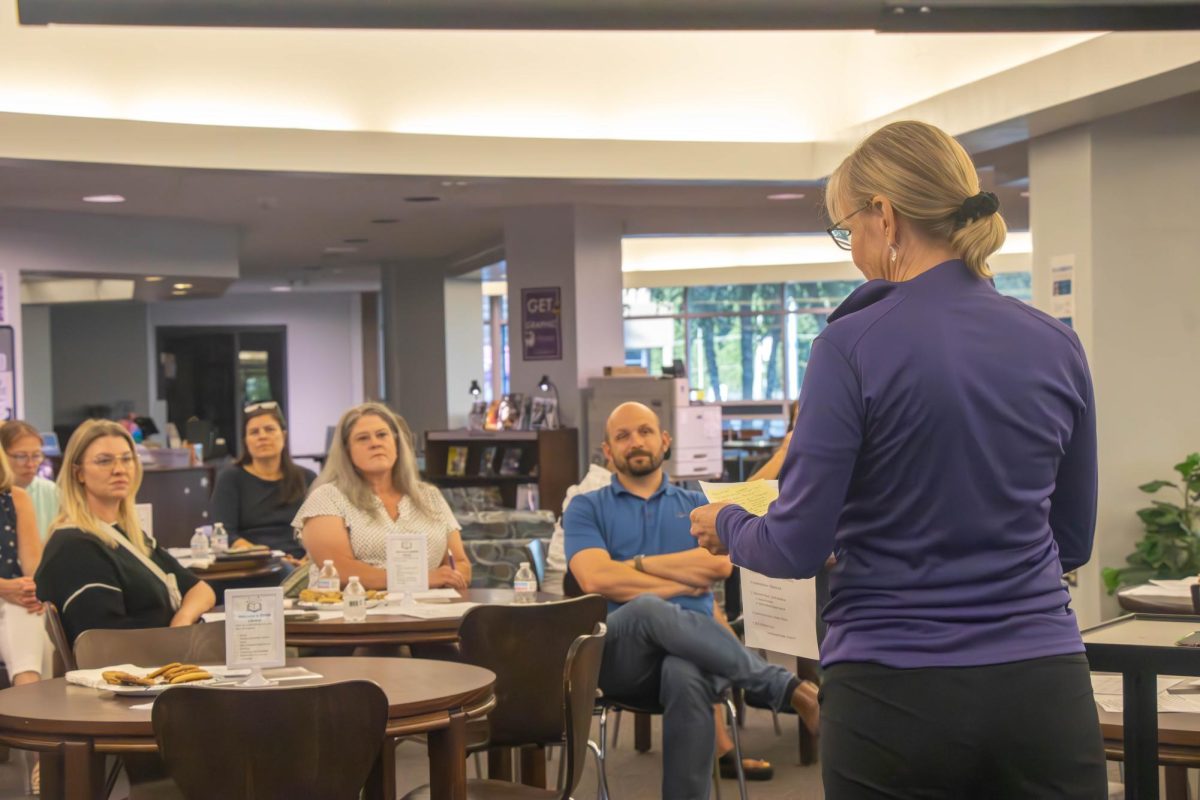The balancing act
February 6, 2019
Some high school students seem to be capable of doing it all. They’re constantly locked in a balancing act, filling their schedules to the absolute brim with athletics, extracurriculars, advanced classes, insane loads of homework and endless hours of community service.
On the surface, you see lots of active, community-minded individuals successfully dedicating themselves to personal growth and community improvement, but this increased participation calls into question what motivation lies behind some students’ choice to trade their free time for an overabundance of activities.
The decision to sacrifice so much, oftentimes including a good night’s sleep and peace of mind, in favor of a packed daily schedule is not necessarily a pure one. Students are hoping that their time commitment will be noticed, specifically by the people calling the shots in college admissions offices across the nation.
The college admission process is becoming increasingly more demanding and competitive. Former Ivy League admissions directors say it’s harder than ever to get into the eight elite Ivy League schools.
“Admissions have gotten more and more competitive in the past decade,” Angela Dunnham, a college admissions counselor at InGenius Prep and former assistant director of admissions at Dartmouth College, told Business Insider via email. “In addition to the sheer number of applicants applying, the expectations for candidates have increased.”
Senior Arvind Shankar, who was accepted to and is planning to attend Dartmouth in fall 2019, also attested to the intense competition when pursuing an Ivy League education.
“When you’re trying to get into [Ivy League] schools, there’s a pressure nagging at that back of you that [you] have to do a lot of things because that is what [colleges] want to see,” Shankar said.
To put it in numerical terms, we can see a general decrease in acceptance rates at elite colleges in the past decade. Stanford and Harvard, two of the most selective schools in the nation, are just one example. For the class of 2001, the admission rate at Stanford was 15.5%, and the rate at Harvard was 12.3%. For the class of 2021, Stanford posted a 4.7% acceptance rate and Harvard a 5.2% acceptance rate, according to the colleges.
Investing yourself in an activity or two that you enjoy and are passionate about during your time in high school may have been sufficient in past decades, but now the student that has the widest reach and longest list of involvements is widely accepted to be the applicant with the most potential.
“School, homework, extracurricular activities, sleep, repeat — that’s what it can be for some of these students,” said Noelle Leonard, a scientist at the NYU’s College of Nursing, in a press release in Aug. 2015. “We are concerned that students in these selective, high pressure high schools can get burned out even before they reach college.”
This unforgiving routine is producing a laundry list of consequences for high school students. The expectation to overachieve has pushed students to become over-scheduled, anxiety-driven and sleep-deprived, which has been linked to the rising rates of teen suicide and depression according to the American College Health Association (ACHA).
In the Student Life in America survey conducted by The Princeton Review, over 50 percent of students reported feeling stressed and on average, teens are spending one-third of their time feeling stressed, anxious or stuck.
These stress levels shouldn’t surprise anyone, especially considering the atmosphere many high schools and college admission offices are facilitating that kids are expected to “do it all.” We aren’t just expected to get good grades in the most advanced and high-pressure classes, but to make sure our resumes are showcased with prestigious awards, hundreds of community service hours and a never-ending list of extracurricular activities.
Aside from all the obvious physical and mental consequences of pressure to over-schedule ourselves, there is the simple point we need to acknowledge that it is detrimental to our happiness.
Students are no longer exclusively joining clubs or participating in extracurricular activities for the purpose of enriching their academic career with activities they find enjoyable and entertaining. Instead, they look for resume fulfillment in the extracurriculars, not the experience itself.
Experiences such as volunteering at a local animal shelter, learning to play the cello, rehearsing for a school play or joining a soccer team should be enriching. These experiences should be a way to contribute to the community and make students more well-rounded individuals that are better equipped for venturing into the working-world or attending a college or university, but they should also be fun and social.
The pressure to turn every second of our free time into moments of productivity is taking the pleasure out of our activities. When soccer practice or play rehearsal is cancelled, we are more relieved to have a few extra hours to catch up on homework or sleep than disappointed we are missing a day of something we should look forward to.
We should be taking advantage of our high school years, the perfect balance between being taken care of and maintaining independence. We should be spending our time enjoying the moment, not looking ahead and trying to craft the perfect resume or designing a life that looks impressive from the outside.
The high-flying, college-oriented climate facilitated in the Blue Valley School District is especially competitive and demanding in regards to the expectation of balancing a million activities and ensuring each day is jam-packed full of activities and obligations. I implore the students of BVNW to remember that our activities aren’t supposed to be obligations, they’re supposed to be entertaining and a reflection of our interests and passions.
“You shouldn’t do anything that is truly making you feel bad or feel like you’re doing something just because you have to. You should be getting enjoyment out of the activities you’re doing,” Shankar said.
I cannot eradicate the entire college application expectations or district-wide climate with a single article, but I can encourage students to be kind to themselves. We can continue to work hard and build our resumes without completely sacrificing leisure, relaxation and sleep.
Spending every waking moment working, practicing and studying may seem like the most important thing now, but we cannot control the future. We don’t want to end up coming to resent all the valuable time we wasted in high school pursuing activities and opportunities we didn’t truly care about.
Being a well-rounded, dedicated student is important, but not at the expense of integrity or happiness.


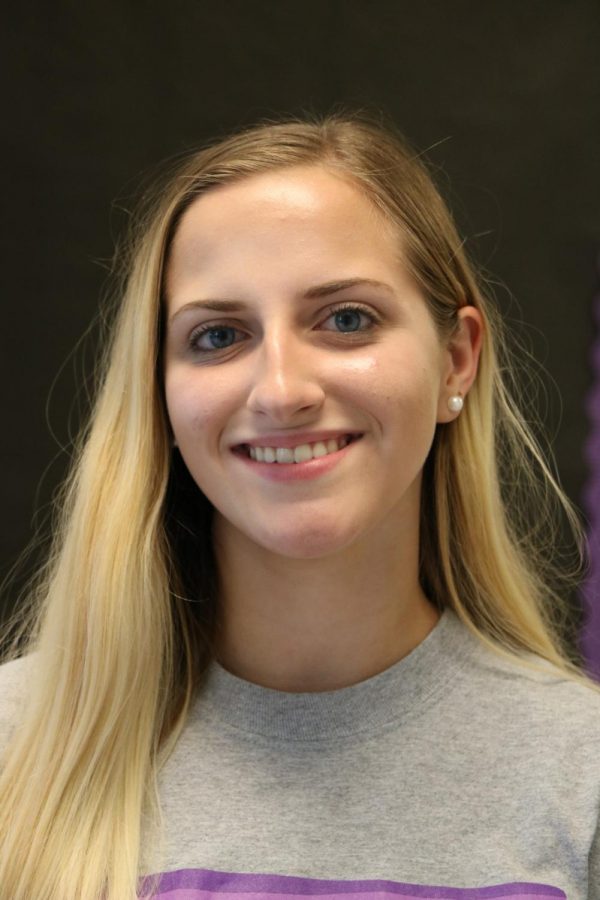
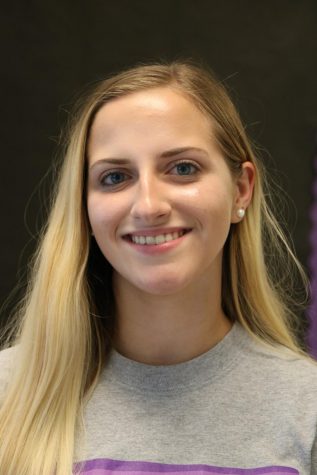
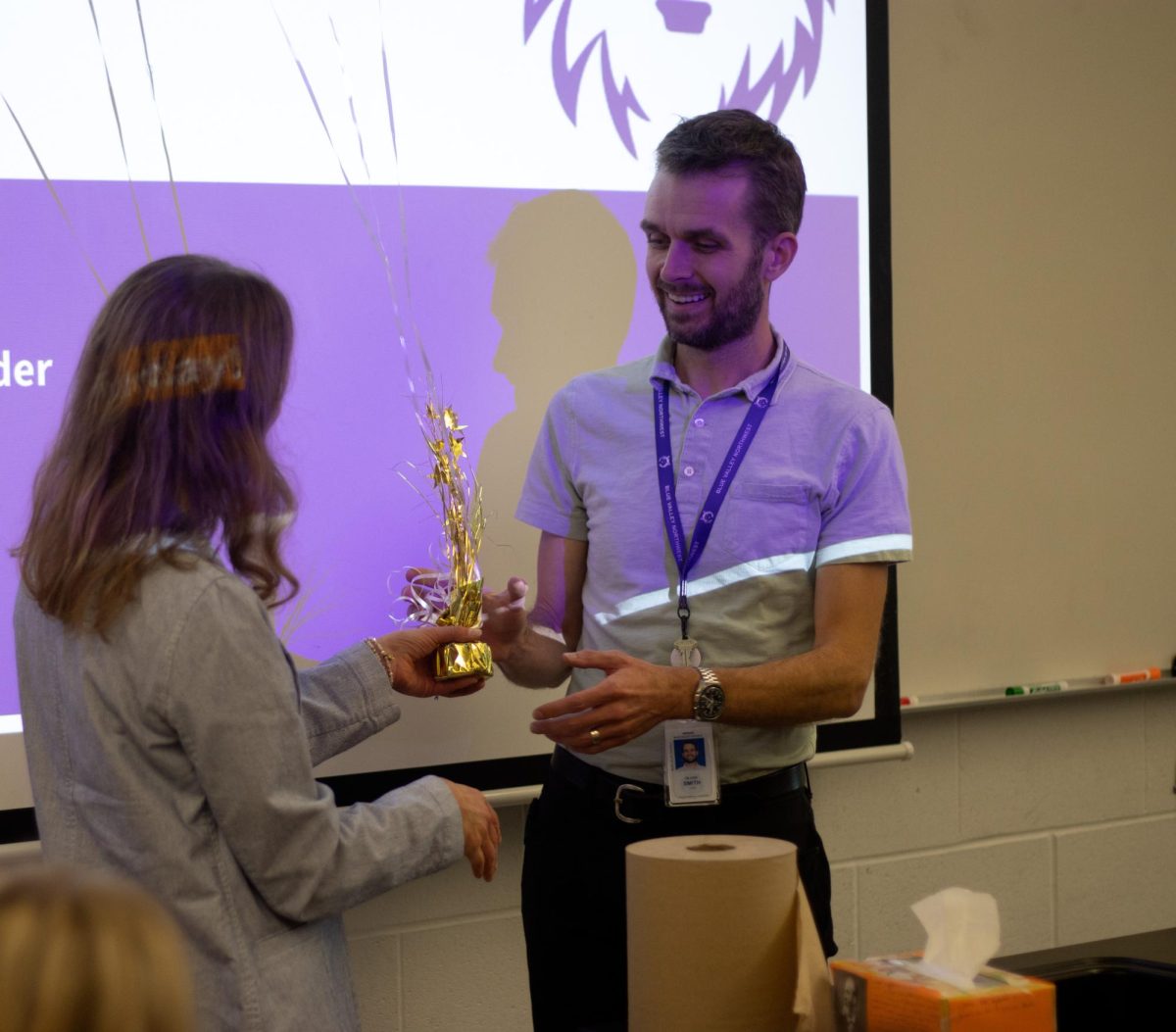
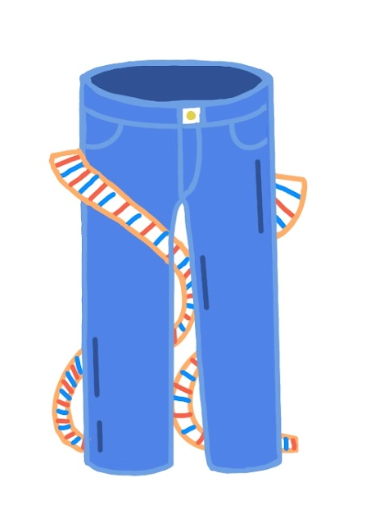



![After drills during football practice on Sept. 25, Keon King exchanges jokes with his teammates. “I started talking to people [about] how I felt. I also decided to focus on being a better person and supporting others. I wanted to make sure people knew they had someone to talk to," King said.](https://bvnwnews.com/wp-content/uploads/2024/09/keon-king-mental-health-600x400.jpg)
